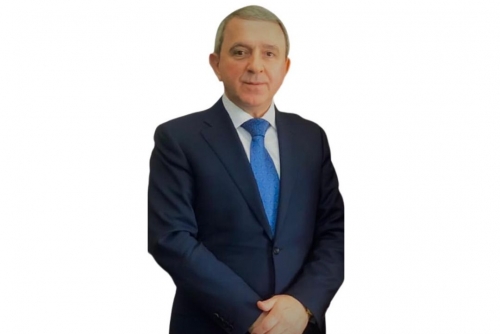COP29 Azerbaijan: A Milestone for Global Climate Governance
TDT | Manama
Email: mail@newsofbahrain.com
The 29th Conference of the Parties (COP29) to the United Nations Framework Convention on Climate Change (UNFCCC), held from 11–22 November in Baku, Azerbaijan, was an important moment in the global fight against climate change. Gathered amid mounting evidence of escalating climate impacts, the conference aimed to address challenges like rising temperatures, biodiversity loss, and socio-economic disparities.
The event marked a shift from theoretical commitments to actionable strategies, emphasizing financial equity, technological innovation, and inclusivity in climate governance. The selection of Azerbaijan as the host country highlighted the complexities of transitioning to sustainable development. As a nation historically reliant on fossil fuels, Azerbaijan’s efforts to lead in green technology and renewable energy underscored challenges faced by emerging economies.
Located at the crossroads of Europe and Asia, Azerbaijan provided a platform for cooperation among developed and developing countries, engaging diverse stakeholders such as governments, civil society, academia, and the private sector. COP29 introduced the New Collective Quantified Goal (NCQG), increasing public funding to $300 billion annually by 2035 for developing nations, while seeking to mobilize $1.3 trillion in public and private investments.
This historic commitment addresses financial inequities hindering climate adaptation and mitigation in vulnerable nations. A key outcome was the operationalization of the Loss and Damage Fund, benefiting small island states, least developed countries, and African nations. This aligns with Azerbaijan’s COP29 presidency priorities, addressing climate challenges in vulnerable regions.
The conference finalized Article 6.4 of the Paris Agreement, establishing a framework for carbon credit trading with rigorous environmental standards. This move fosters private sector engagement and accelerates emissions reductions. COP29 President Mukhtar Babayev called it a “game-changing tool” for resource mobilization in developing nations. Azerbaijan showcased renewable energy projects, including large-scale solar and wind initiatives, and launched the COP29 Hydrogen Declaration to promote hydrogen technologies.
These projects demonstrate the feasibility of transitioning from fossil fuels to sustainable energy systems, positioning Azerbaijan as a model for other emerging economies. Within COP29, Azerbaijan signed a document with Saudi Arabia, Kazakhstan, and Uzbekistan for the Green Energy Development and Transmission Project.
This project focuses on wind and solar energy, promoting renewable energy collaboration across borders and contributing to global energy transition goals. Hosting COP29 elevated Azerbaijan’s global standing and demonstrated its leadership in renewable energy innovation and sustainable development.
Guided by the slogan “In solidarity for a green world,” the conference advanced local economic growth and technological progress. COP29 emphasized equitable climate policies and collective responsibility in addressing shared challenges. Its outcomes provide a foundation for future climate action, paving the way for progress at COP30 in Belem, Brazil.
By showcasing meaningful advancements through cooperation, innovation, and inclusivity, COP29 stands as a milestone in the global journey toward sustainability.
Related Posts

